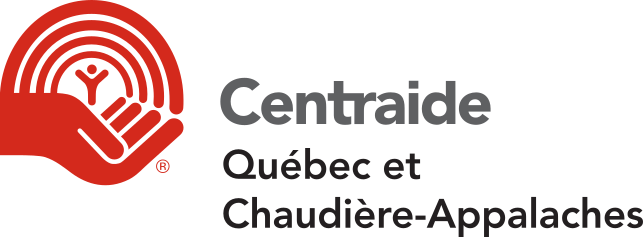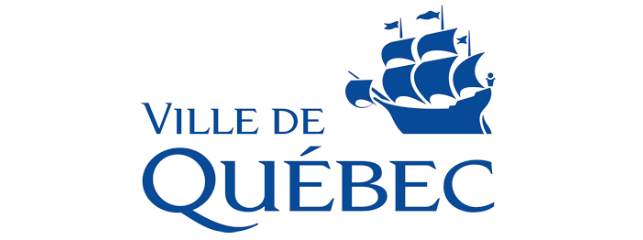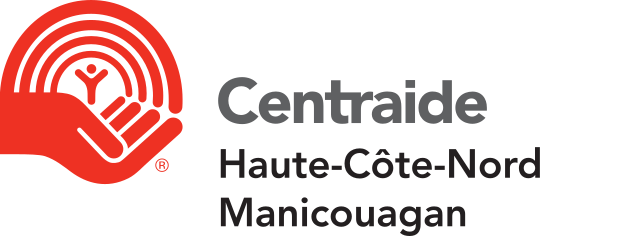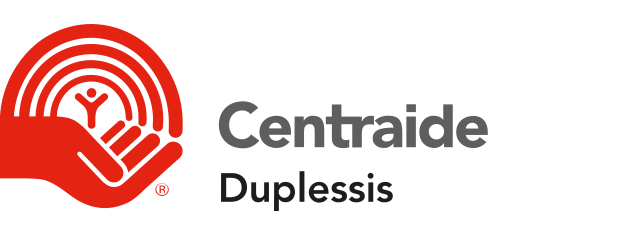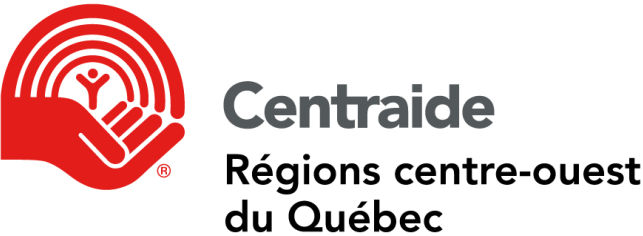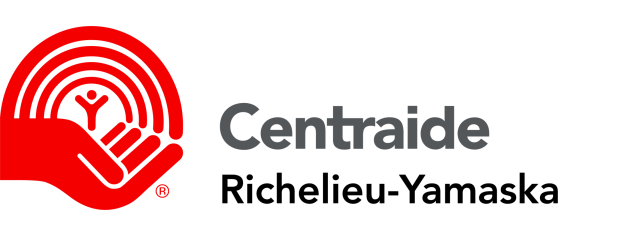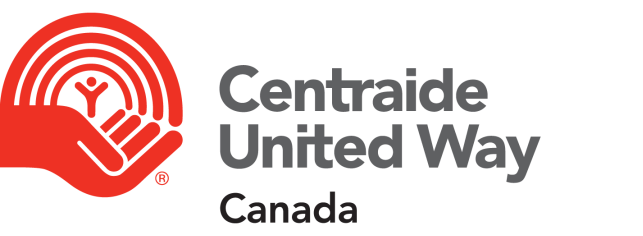[ Browse by Service Category : Criminal Justice and Legal Services : Sub-Topics of Legal Assistance Modalities (42) ]
Advocacy
Programs that intercede on behalf of individuals and/or groups to ensure that they receive the benefits and services for which they are eligible and that organizations within the established service delivery system meet the collective needs of the community; that attempt to marshal public support for a particular issue or cause; or that seek to influence legislation, local ordinances or administrative rulings in order to benefit specific interest groups or achieve specific social, political or environmental goals.
[ Sub-Topics | View Programs and Services (30) | Related Topics ]
Alternative Dispute Resolution
Programs that offer procedures for settling disputes which serve as alternatives to a conventional court trial. ADR procedures are less costly than litigation, produce a settlement more quickly, allow for more flexibility, preserve relationships among parties, permit confidentiality and can produce solutions that are satisfactory to both parties rather than a winner and a loser.
Class Action Litigation
Programs that handle suits that have been filed by one or more individuals on behalf of a large group of people who have a common interest. Class action litigation is allowable when there is an ascertainable class, when the people constituting the class are so numerous that it is impractical to bring them all to court, when it is clear that there is adequate representation for all, and when there is a well-defined community of interest in the questions of law and fact affecting the parties to be represented.
Legal Counselling
Programs that are staffed by lawyers who offer information and guidance regarding legal matters, proposed lines of conduct, claims or contentions including opinions on the party's rights, responsibilities and liabilities; and who offer suggestions for an appropriate course of action, but do not represent clients in court.
Legal Representation
Programs that are staffed by lawyers who appear on behalf of their clients in criminal, civil and/or administrative actions and proceedings in addition to offering legal advice and guidance.
Paralegal Counselling
Programs that are staffed by people who have legal skills and are familiar with court procedures but who are not lawyers, who answer questions about filing procedures and generally help people understand what to expect in a legal action but do not offer legal advice and do not represent people in court.
The above terms and definitions are part of the Taxonomy of Human Services, used here by permission of INFO LINE of Los Angeles.

